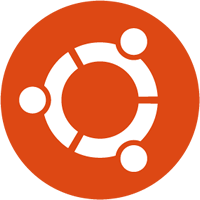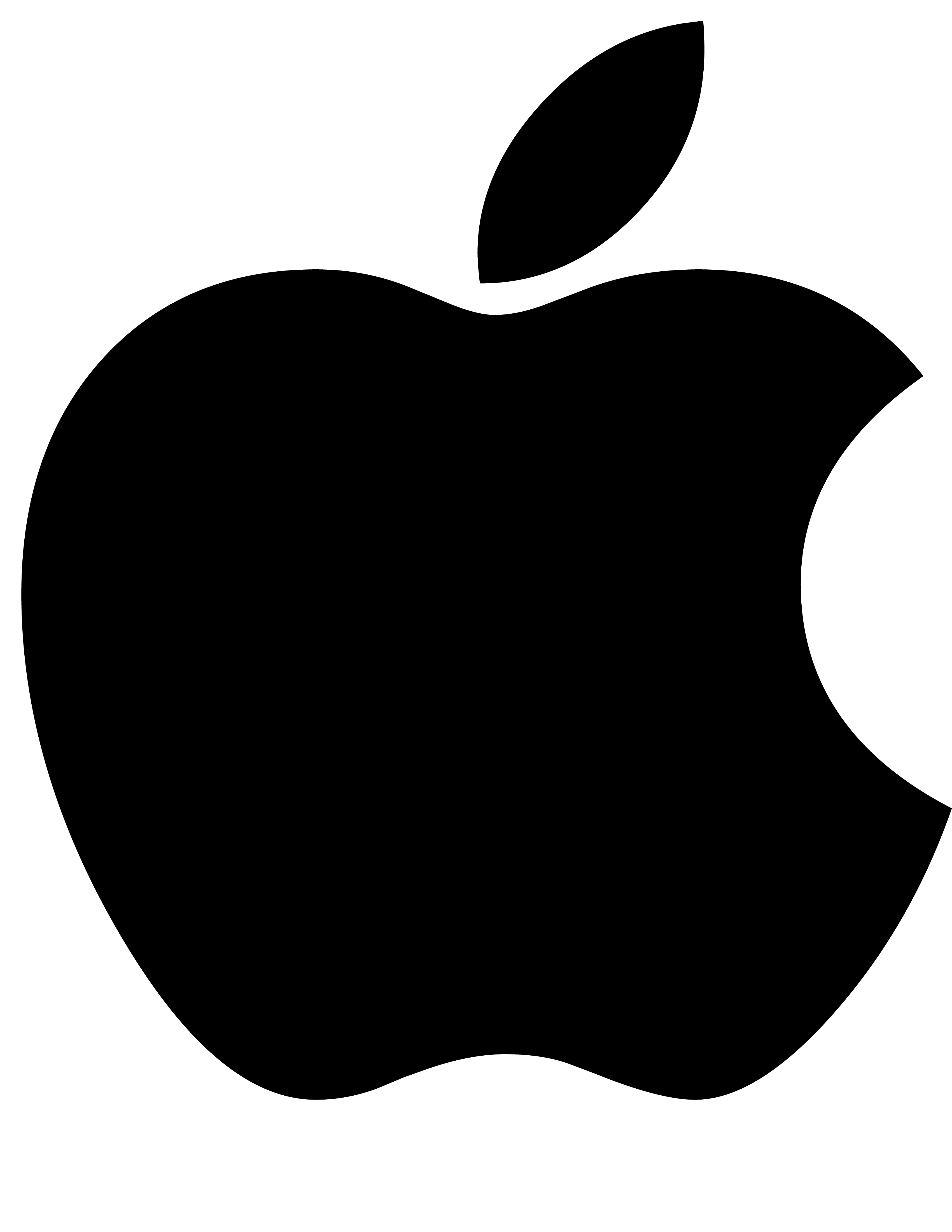Cross platform firmware framework written by students, alumni, and faculty of San Jose State University. Designed for the original purpose of helping students develop firmware for the SJTwo board.
Built for Ubuntu, Mac OSX, and Windows 10 WSL.
See documentation for a full guide.
One of the easist ways to get started with SJSU-Dev2 is to use a VM with all of the software installed.
Steps to install virtual box and the virtual machine are listed below:
- Install virtualbox for your computer from this link: https://www.virtualbox.org/wiki/Downloads
- Download the usb 2.0/3.0 extensions from here, allows you to connect usb devices from your host machine into the virtual machine: https://download.virtualbox.org/virtualbox/6.0.4/Oracle_VM_VirtualBox_Extension_Pack-6.0.4.vbox-extpack
- Open the "Oracle_VM_VirtualBox_Extension_Pack-6.0.4.vbox-extpack" and install it into VirtualBox when prompted.
- Download the prebuilt virtual machine: Ubuntu SJSU-Dev.ova
- Open "Ubuntu SJSU-Dev.ova" and import into VirtualBox.
- Done!
- Open the "Ubuntu SJSU-Dev" Virtual Machine on the left hand side.
- Login by entering the password "osboxes.org"
- To program your board, you will need to connect it to your host machine and
bring it into the virtual machine by using the top menu:
Devices > USB > CP2102n... - At this point you can run commands like
make applicationandmake flashfrom within the SJSU-Dev2 folder which is located/home/osboxes/SJSU-Dev2
If you are using Windows, follow these steps to install WSL and make sure to install the Ubuntu as the linux distro. Once you have installed WSL, all instructions below for Linux should work for Windows.
To download and setup the environment, simply copy and paste this into a terminal:
git clone https://github.com/kammce/SJSU-Dev2.git
cd SJSU-Dev2
./setup
If you find that git is not installed on your machine follow these steps to install GIT.
The starter hello_world project can be found in the projects/ folder along
with the the demos/ folder which is full of examples you can run
on your board. To build hello_world :
cd project/hello_world
make application
From within a project, run make flash.
If make flash is not available for your platform, then you can try
make jtag-flash DEBUG_DEVICE=<jlink|stlink|etc> PLATFORM=<insert platform here>
if you have a JTAG or SWD debugger.
The preferred method for communicating with a serial device is via Google
Chrome, using the online serial terminal tool,
Telemetry.
You can also open this up on your browser using the make telemetry command in
a project directory.
- Integrate user-defined literals for SI units
- Platform Additions
- Support for Raspberry Pi and other SBCs such as the BeagleBone Black
- Support for host side application for testing
- Support of STM32 ARM cortex series of MCUs
- Support of TI ARM Cortex series of MUCs
- Support of RISC-V (HiFive Board)
- Support of AVR based MCUS (probably not)
- Multi Threading Portability
- Add C++11 wrapper for FreeRTOS
- This will allow the use of C++11 api calls to call FreeRTOS functions underneath.
- Add FreeRTOS wrapper of POSIX calls
- Allows Linux platforms to work with code that makes calls to FreeRTOS.
- Add C++11 wrapper for FreeRTOS
- Move from Return-Error-Codes to C++ Exceptions
- Make a version of C++ exceptions that is more optimal for embedded
- Khalil Estell: Creator and maintainer of the SJSU-Dev2.
- David Huang
- Matthew Boyd
- Since this repository borrows heavily form
SJSU-Dev repo, the people in that contrib
list are also contributors to this repository.
- SJSU-Dev was based on SJDev by Preet Kang.
- Mikko Bayabo: Windows surface destructive testing
- WSL testing: Sameer Azer, Aaron Moffit, Ryan Lucus, Onyema Ude






